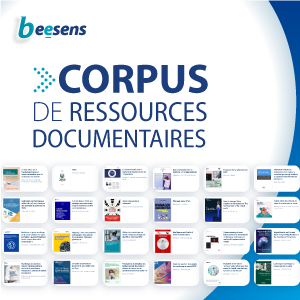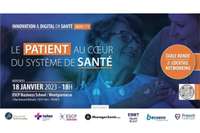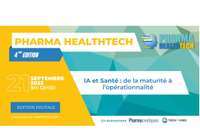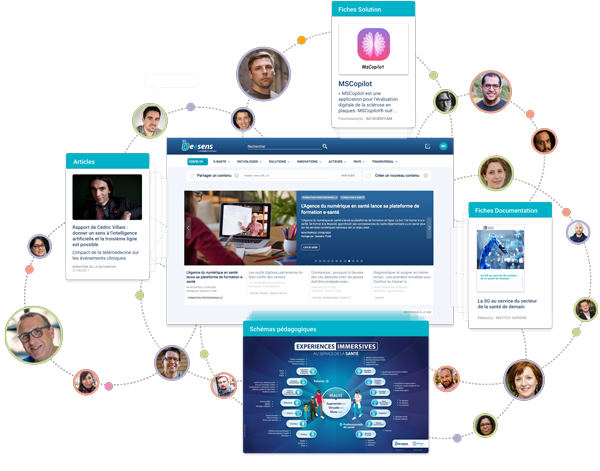"For DNA sequencing, this “is the year of the big shake-up,” says Michael Snyder, a systems biologist at Stanford University. Sequencing is crucial to fields from basic biology to virology to human evolution, and its importance keeps growing. Clinicians are clamoring to harness it for early detection of cancer and other diseases, and biologists are finding ever more ways to use genomics to study single cells. But for years, most sequencing has relied on machines from a single company, Illumina.
Last week, however, a young company called Ultima Genomics said at a meeting in Orlando, Florida, that with new twists on existing technologies, it could provide human genomes for $100 a pop, one-fifth the going rate. Several other companies also promised faster, cheaper sequencing at the same meeting, Advances in Genome Biology and Technology. This year, key patents protecting Illumina’s sequencing technology will expire, paving the way for more competition, including from a Chinese company, MGI, which last week announced it would begin to sell its machines in the United States this summer. “We may be on the brink of the next revolution in sequencing,” says Beth Shapiro, an evolutionary biologist at the University of California, Santa Cruz (UCSC).
Most sequencing companies, including Illumina, which has controlled 80% of the global market, depend on “sequencing by synthesis.” The DNA to be deciphered is separated into single strands, which are usually chopped into short pieces and mounted on a surface—often a tiny bead—in a container called a flow cell. Each single strand fragment serves as a template to guide the synthesis of a strand with complementary bases, supplied one at a time to channels of beads. Because each added base has been modified to glow, a camera can record where it attaches—and hence the identity of the corresponding base on the original strand. The steps are repeated until the new DNA strand is complete..."
Lire la suite
A $100 genome? New DNA sequencers could be a ‘game changer’ for biology, medicine
SCIENCE, 15/06/2022
Partagé par :
Beesens TEAM















